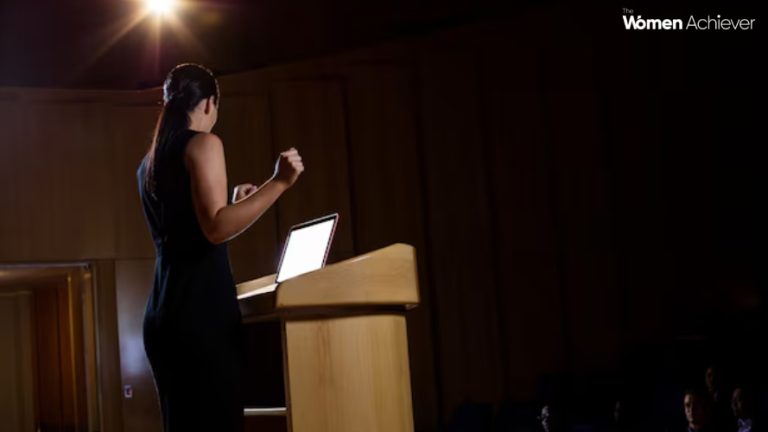This refers to Behind the Podium: The Emotional Toll of Political Hatred on Women Leaders
In politics, where power and image converge so often in cruel forms, women leaders are engaged in a struggle infinitely larger than upon policy battlegrounds and election fields. When women have entered the political field, they have been welcomed with torrents of cyber harassment, personal vilification, and gendered harassment — an emotionally and psychologically draining burden upon those who have the temerity to take leadership.
A Double Burden of Leadership
Although leadership overall is solid, women politicians bear a double burden: judgment by gender. Women politicians are criticized not only for policy but also for looks, voice tone, and even lifestyle. The abuse and harassment day in and day out, fueled by social media, are fertile for a culture of intimidation and emotional burnout.
When Online Hate Turns Personal
Social media are new political debate arenas, yet to women politicians, they are also hate weapons. Ranging from insult and abuse to physical assaults, the/targeted nature of abuse of women politicians is unparalleled. Researchers have found that online insulting comments against women are three times those against men, and this has resulted in anxiety, self-censorship, and withdrawal from public life.
Emotional Resilience Amid Hostility
In spite of all of this, they are able to maintain so high a percentage of women leaders with such great amounts of emotional resilience. They use hate as fuel to fuel their sexism calls-out and demands for safer political space. Even the most excellent of leaders, however, cannot escape the price — many of them have spoken freely about burnout, stress, and emotional labor of remaining calm in the face of continuous harassment.
Support Networks and Solidarity
Women’s grassroots political caucuses and mentorship initiatives have been giving life to spaces for nurturing emotions. Political mobilization such as UN Women’s “Not the Cost” campaign and grassroots women’s political caucuses are empowering leaders to speak out and report abuse. Counseling, peer support, and outreach at a public level are becoming pillars in building resilience against hate politics’ emotional harm.
Redefining Strength in Leadership
It is time to redefine political strength. Emotional vulnerability doesn’t make a leader weak, but human. By embracing the intellectual and emotional battles women are constantly waging, society can work to construct a politics culture of respect, empathy, and equality.
Conclusion: At the heart of all speech and all campaign is a woman struggling not only for policy reform, but for her entitlement to be safe in political space. The higher the women rise into the heights of power, the more human beings cry out for dignity, for safety, for belonging — the more they call us back to remembering that leadership is as much about winning elections as it is about reclaiming humanness.





Add comment